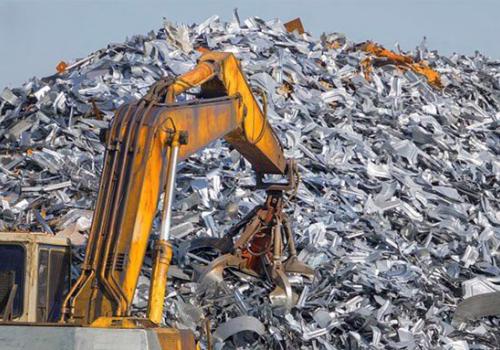Japan's ferrous scrap exports rose in March from February as strong steel demand drove feedstock restocking but at a pace below year-earlier levels. March exports rose by 13.8pc to 727,140t on the month but fell by 16.1pc from March 2020, Japan customs data show. January-March export volumes declined by 22.6pc from the same period last year. Japan's scrap exports surged in 2020 when Covid-19 severely constricted its domestic steel production. Exporters had no choice but to allocate more quantity to export by offering competitive prices. Exports this year are closer to pre-pandemic levels. March exports were 25.6pc higher than March 2019 and around 90,000t higher than the 2019 monthly average. Japan exported 1.77mn t in the first three months of 2019.
Vietnam remained the top destination, for about a third of Japan's exports in March. Vietnamese mills saw high profit margins and ran at high utilisation rates to meet strong steel demand in domestic and export markets. Domestic construction sites that were delayed by Covid-19 have mostly restarted this year, leading to intensive demand for construction steel. China's buying appetite for semi-finished steel has also supported Vietnam's consumption of raw materials. Exports to China grew fivefold to 60,220t from February as spot sales picked up after the first vessels cleared customs in January. March total volumes also included around 7,000t of stainless steel scrap and other alloyed scrap. Japanese suppliers are trying to expand sales to China given its huge potential, after it ended its import ban this year. Exports to South Korea extended declines as the country's scrap self-sufficient rate has risen quickly in recent years. Exports to Taiwan were flat as Taiwanese buyers had little interest after Japanese prices rose to uncompetitive levles against US containerised scrap.
Japan's scrap markets corrected sharply in January after the Kanto H2 tender settled at a 10-year high. The Argus H2 fob Japan assessment bottomed out in late January and rebounded by ¥8,200/t ($76/t), or 23.8pc, in February. The strong upward move in prices pushed overseas buyers to actively restock before prices went higher. Most market participants do not expect Japan scrap exports to increase further in April because of higher domestic demand and surging export freight rates. Strong steel demand prompted domestic mills to push up collection prices above the workable levels for exports. The au Jibun Bank Japan manufacturing purchasing managers' index in April rose to 53.6, the highest level in three years. Japanese suppliers preferred to send scrap to domestic buyers for higher prices and to avoid the risk of securing vessels. Freight rates for Asia deliveries increased from early March and are nearly double from levels last year. The data include exports under HS code 7204. China's entry into markets this year has captured its imports of stainless steel scrap under HS code 720421 and alloyed steel scrap under HS code 720429.
